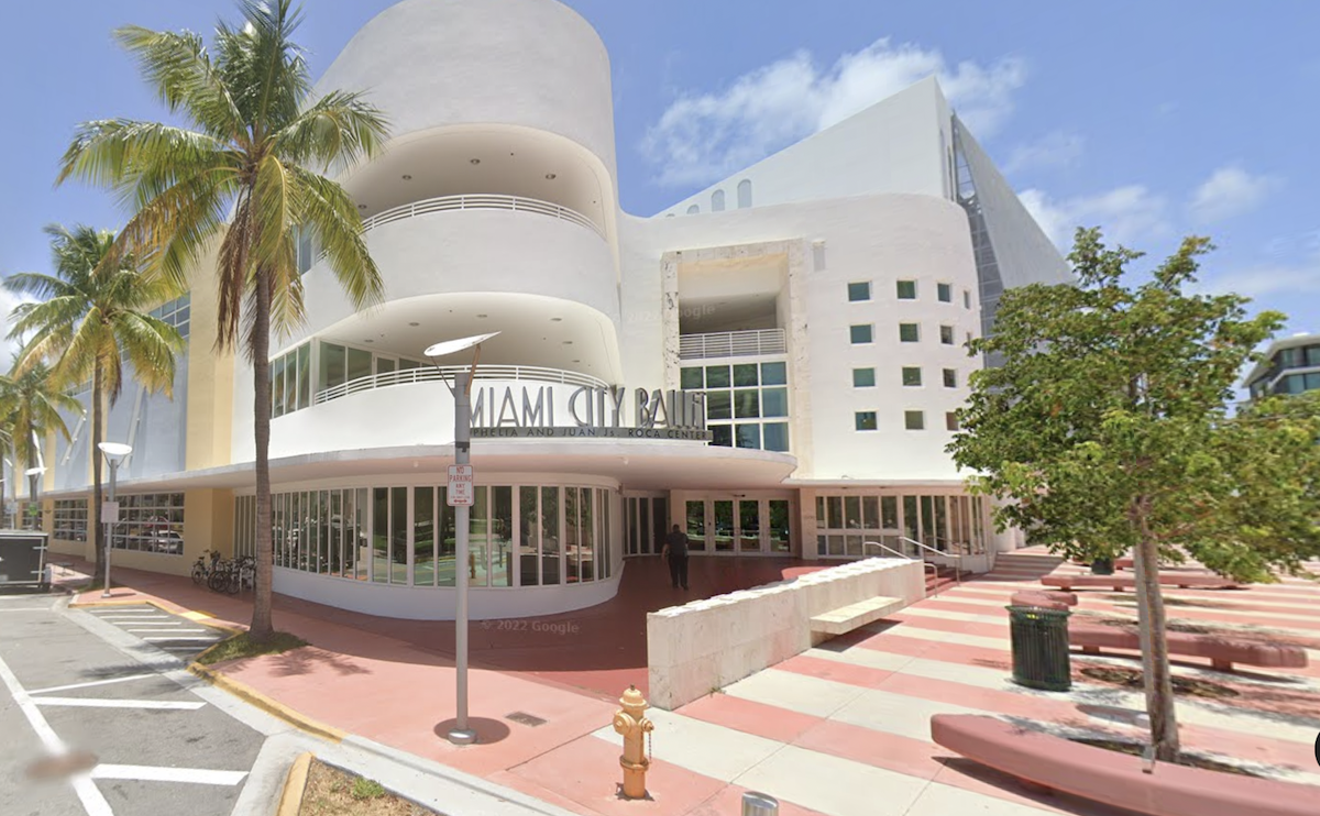In the end, however, the twelve-person jury found Polo to be what prosecutors on both sides of the Atlantic have long maintained: a crook. The 43-year-old former resident of Coral Gables was found guilty of thirteen counts of aggravated breach of trust and sentenced to five years in prison. Ironically, after his lawyers successfully argued that he had served more than two-thirds of his sentence while awaiting trial, Polo was set free last week, in accordance with Swiss law.
In the mid-1980s, Polo had launched a company that specialized in managing funds for rich foreigners, mostly Latin Americans. According to bookkeeping statements Polo sent to his clients, he was investing their money in low-risk certificates of deposit. Actually, as documented in the 1993 New Times cover story "The Collector," Polo was spending the money on an awesome array of collectibles, a failed fashion house, and an opulent lifestyle, profligacy that made him the darling of the New York art scene.
By 1988 his clients had grown worried and demanded their money. When Polo refused, they filed civil charges in New York and criminal charges in Geneva, where he had relocated his investment company. After police searched his Paris apartment, Polo fled to Italy and soon was arrested. A month later, in July 1988, a civil judge in New York ruled that Polo owed his clients $124 million.
Though Polo fought his extradition to Switzerland, his final appeal failed in March 1989. While out on bail he escaped to Miami, where he lived as a free man for two years, until April 1992, when Swiss authorities caught up with him. He was arrested by U.S. marshals and held for extradition.
Family and friends decried Polo's arrest and formed a committee called Citizens Against the Extradition of Roberto Polo. With the help of two sympathetic editorials in the Miami Herald, membership grew to include former Cuban political prisoner Armando Valladares; Xavier Suarez, then- mayor of Miami; U.S. Rep. Ileana Ros-Lehtinen; County Commissioner Alex Penelas; and a host of other prominent Cuban Americans. Thanks to his well-placed allies Polo was a celebrity prisoner, portrayed in the local Spanish-language media as a martyr.
Federal Judge Federico Moreno saw things differently; in August 1993, he shipped Polo back to Geneva. After nearly two more years of pretrial wrangling, Polo entered the courtroom inside Geneva's Palais de Justice to face his accusers.
For all the buildup, the trial offered few surprises. The defense lawyers reiterated what Polo had claimed all along: that he had been given permission to invest his clients' money in artwork. The prosecution called five of those clients to the witness stand, where all five testified that they had given Polo no such permission. They also told of the dozens of fraudulent account statements Polo had sent them.
Polo testified that the statements were faked by someone who wished to harm him. His defense team called various art experts, including Louvre curator Daniel Alcouffe, to attest to the defendant's exquisite taste in collectibles. They also called Armando Valladares, who conceded he was not familiar with the minutiae of the case but had read press reports about it and was offended by the injustices Polo allegedly had suffered. The final witness for the defense was Polo's own mother, Maria Polo, who spent much of her hour on the stand sobbing.
The only surprising testimony came from Polo's former wife, Rosa Franco Suro, who was called by the prosecution. Married to Polo for 22 years (they were divorced earlier this month), Franco said she had been bemused by the affluence that overtook her life in the Eighties. Her husband, she said, explained that he had rich clients and was managing "billions of dollars." She testified that she always had been led to believe that the jewels and furniture and art that crowded their apartments in New York and Paris were personal property, not investments as Polo was now claiming. She added that Polo had even asked her permission to sell some jewelry when his legal problems began.
On Friday, June 16, after five hours of deliberation, the jury found Polo guilty of all thirteen counts. Though the maximum sentence for each charge was fifteen years, the prosecution requested a sentence of seven years. The jurors, who mete out punishments in Switzerland, sentenced Polo to five. He also was expelled from Switzerland for ten years and ordered to pay court fees totaling almost $15,000. This past Tuesday he was freed because his 44 months in jail while awaiting trial exceeded two-thirds of his sentence.
Polo and his family were in Europe and unavailable for comment. This past Wednesday, the Swiss newspaper Tribune de Genave reported that Polo was in Italy; his brother Marco lives in Milan. The Tribune also hinted that Polo did not wish to return to the United States in light of the fact that officials here had extradited him.
Lawyers for Polo's investors contend that the collector and his extended family are still shielding millions of dollars in assets owed to the victims, monies they are pursuing in a litany of civil court cases stretching from Paris to Miami. "The important thing is that a jury was able to see past all the smoke and mirrors and found that this man, Roberto Polo, is a criminal," says Robert Reger, whose client, Emilio Martinez-Manautou, was one of Polo's primary accusers. "It took seven and a half years, but justice was served.










